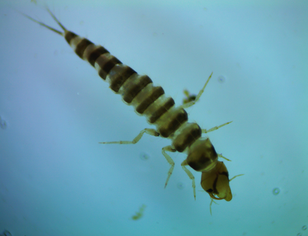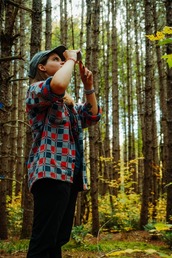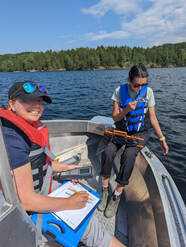WWEW has three established goals in order to achieve this vision:
What We Monitor
At this time, Woodlands & Waterways EcoWatch has three main focuses: Benthic macro-invertebrates, Forest health, and Water quality.
|
|
Benthic Macro-invertebrates
What are they? Benthic macro-invertebrates, colloquially referred to as “benthics” or “benthos”, are small, spineless organisms that live on the bottom of water bodies such as lakes or rivers. Why are they important? Benthos spend part of or all of their lives in the water. Due to this long-term contact with the water that surrounds them, we can look at which groups are present to make inferences about the health of the ecosystems they inhabit. Some benthics are more sensitive to pollutants and stressors than others. Where do you find them? Benthos are found on the bottoms of water bodies or in the sediment. They are present in many water bodies ranging from the massive Great Lakes to small ponds. U-Links' protocol includes the collection of benthos along the shoreline of lakes in the Haliburton region. |
|
Forest Health
How do we assess forest health? Forest health is assessed by looking at a number of factors including tree species, individual tree health, and tree growth rates. We make these measurements every 5 years to help track changes as the forest develops. What trends are you hoping to track? A main concern is the impact that climate change is having on our amazing forests. This is one of the most critical things for us to keep track of in our region but will take place over a long stretch of time. Where are your sites located? Currently our sites are being established on Haliburton Highlands Land Trust properties. You can see where the vast majority of our sites are below (some are hidden due to privacy concerns). |
|
|
Water Quality
Who are our partners? As of 2024, our partners include 25 Lake Associations across 38 lakes, totaling 60 sample locations. What is the purpose of water quality sampling? With the ongoing monitoring of physical and chemical properties, our water quality program serves to identify and mitigate hazards before irreversible changes can take hold. Who can access our data? All of the data collected throughout our water quality program is made publicly available through DataStream via The Gordon Foundation. |
Our Current Project Locations
|
|






